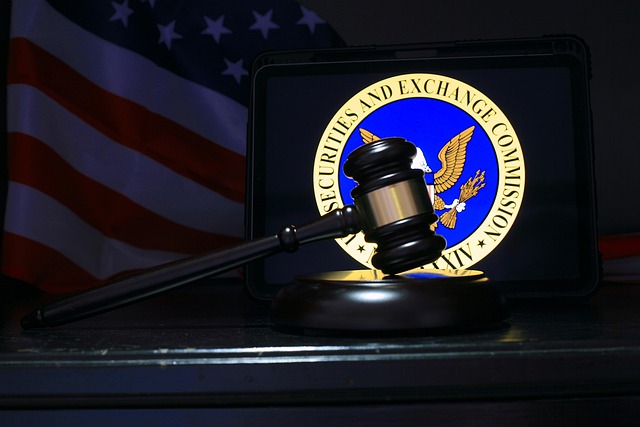Understanding and leveraging Constitutional Protections in Criminal Defense is paramount for effective legal strategies, ensuring fairness and justice. The Bill of Rights, through amendments like the Fourth, Fifth, and Sixth, dictates strict guidelines for law enforcement and protects citizens' rights to due process, silence, counsel, and a speedy trial. Skilled attorneys use these provisions to challenge cases, exclude inadmissible evidence, and safeguard clients' interests, ultimately fostering trust in the criminal justice system by ensuring individual freedoms are preserved alongside accountability for wrongdoings.
In the realm of criminal law enforcement, understanding Constitutional protections is paramount for both law enforcement agencies and legal defenders. This article explores the foundational role of the Bill of Rights in shaping modern policing practices and guiding criminal proceedings. We delve into how these constitutional safeguards, ranging from due process to protection against unreasonable searches, serve as a vital check on government power. By examining real-world applications, we illuminate the intricate balance between public safety and individual liberties.
- Understanding Constitutional Protections: A Foundation for Criminal Defense
- The Bill of Rights and Its Impact on Law Enforcement Practices
- Navigating Legal Limits: How Constitutional Protections Guide Criminal Proceedings
Understanding Constitutional Protections: A Foundation for Criminal Defense
Understanding Constitutional Protections is paramount for any general criminal defense strategy. These protections, enshrined in our nation’s charter, serve as a cornerstone for ensuring fair and just trials. They include the right to due process, protection against self-incrimination, and the guarantee of a speedy trial, among others. Lawyers skilled in constitutional law can leverage these provisions to build winning challenging defense verdicts.
By understanding and effectively navigating these protections, criminal defense attorneys can not only protect their clients’ rights but also achieve extraordinary results. This knowledge is crucial in crafting robust defenses that challenge the prosecution’s case and ensure a fair outcome. It empowers lawyers to present compelling arguments, challenge inadmissible evidence, and safeguard their client’s interests throughout the legal process.
The Bill of Rights and Its Impact on Law Enforcement Practices
The Bill of Rights plays a pivotal role in shaping law enforcement practices within the United States. These foundational amendments, specifically the First, Fourth, Fifth, and Sixth Amendments, provide crucial constitutional protections for individuals facing criminal charges. The impact is profound, ensuring that law enforcement must adhere to strict guidelines during investigations and enforcement to safeguard citizens’ rights.
For instance, the Fourth Amendment protects against unreasonable searches and seizures, dictating that any such actions require a warrant based on probable cause. This has significant implications for white-collar defense strategies, as it emphasizes the need for due process at every stage of the investigative and enforcement process. Additionally, the Fifth Amendment guarantees the right to remain silent and prevents self-incrimination, while the Sixth Amendment assures the right to counsel, ensuring individuals are not left vulnerable during legal proceedings, which can lead to a complete dismissal of all charges if constitutional violations are established.
Navigating Legal Limits: How Constitutional Protections Guide Criminal Proceedings
In the realm of criminal law enforcement, understanding and navigating legal limits is paramount for ensuring fairness and justice. Constitutional protections serve as a cornerstone in guiding criminal proceedings, safeguarding individuals from arbitrary or excessive state action. These protections are designed to protect the rights of citizens, promoting a balanced relationship between government authority and individual liberties. For instance, the right against self-incrimination and the guarantee of due process ensure that suspects are treated fairly during investigations and trials.
By adhering to these constitutional guidelines, legal systems aim to achieve extraordinary results, fostering trust within philanthropic and political communities. The complete dismissal of all charges, where evidence falls short or procedural errors occur, is a tangible outcome reflecting the system’s commitment to upholding justice. Ultimately, Constitutional Protections in Criminal Defense are instrumental in preserving a society where rights are respected, and wrongdoings are addressed fairly, fostering a harmonious balance between law enforcement and individual freedoms.
In understanding and upholding Constitutional Protections in Criminal Defense, law enforcement practices must navigate a delicate balance between public safety and individual rights. By examining the Bill of Rights and its impact, as well as recognizing the legal limits set by these protections, criminal proceedings can ensure fairness and due process. This framework guides enforcers to respect constitutional boundaries, thereby strengthening the integrity of our justice system.






